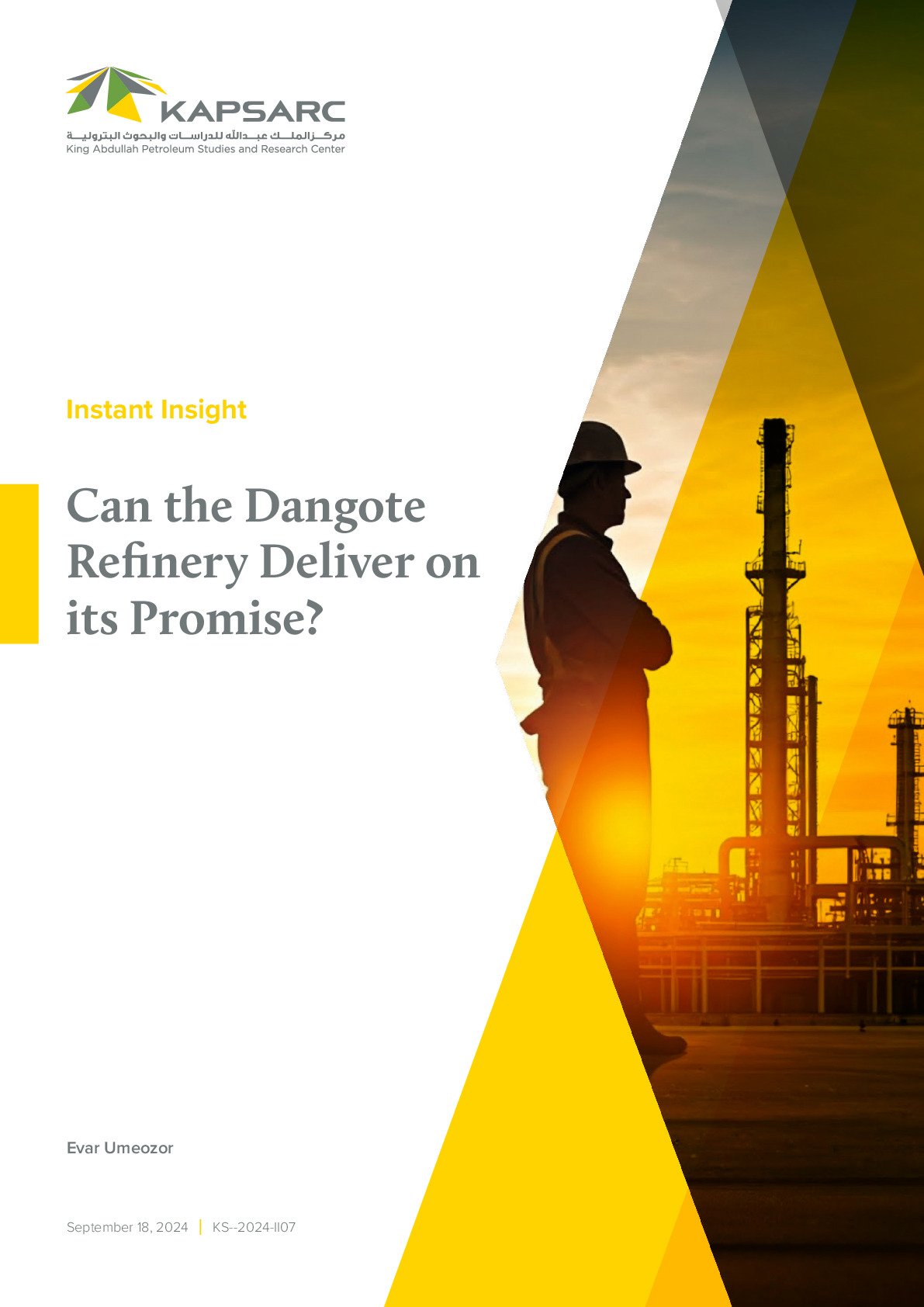Traditional crude oil refinery production and economic models adopt linear approximations to facilitate linear programming applications for the purposes of operational planning, scheduling, and/or logistics to optimize product yields, margins, or other performance metrics of interest, under varying market situations. However, machine learning-based models of refineries show superior predictive performance relative to the linear approximations in capturing actual plant behaviors. Yet, there is a lack of their deployment in refinery programming due to non-linearity and other challenges in solving the model within a practicable timeframe. Robust and reliable models are essential for assessing energy transition implications and the readiness of global refineries, especially as growing electrification of transportation systems motivates efforts toward petrochemical diversification in the refining industry. This paper presents the implementation of a global optimization approach, using non-parametric refinery models, for efficient crude oil refining operational performance programming. Case studies optimizing yields of various oil products from Gulf Cooperation Council (GCC) countries’ refineries are presented, indicating challenges for current refining technologies to meet transition targets.

Fellow- Oil & Gas
Expertise
Publications See all Evar Umeozor’s publications

Application of Global Optimization and Machine Learning Models to Refinery Programming
Traditional crude oil refinery production and economic models adopt linear approximations to facilitate linear programming…
16th June 2025
Can the Dangote Refinery Deliver on its Promise?
Traditional crude oil refinery production and economic models adopt linear approximations to facilitate linear programming…
3rd November 2024